Blue Planet 2 will be available in 4K HDR for the first time on BBC iPlayer
Spot every plankton
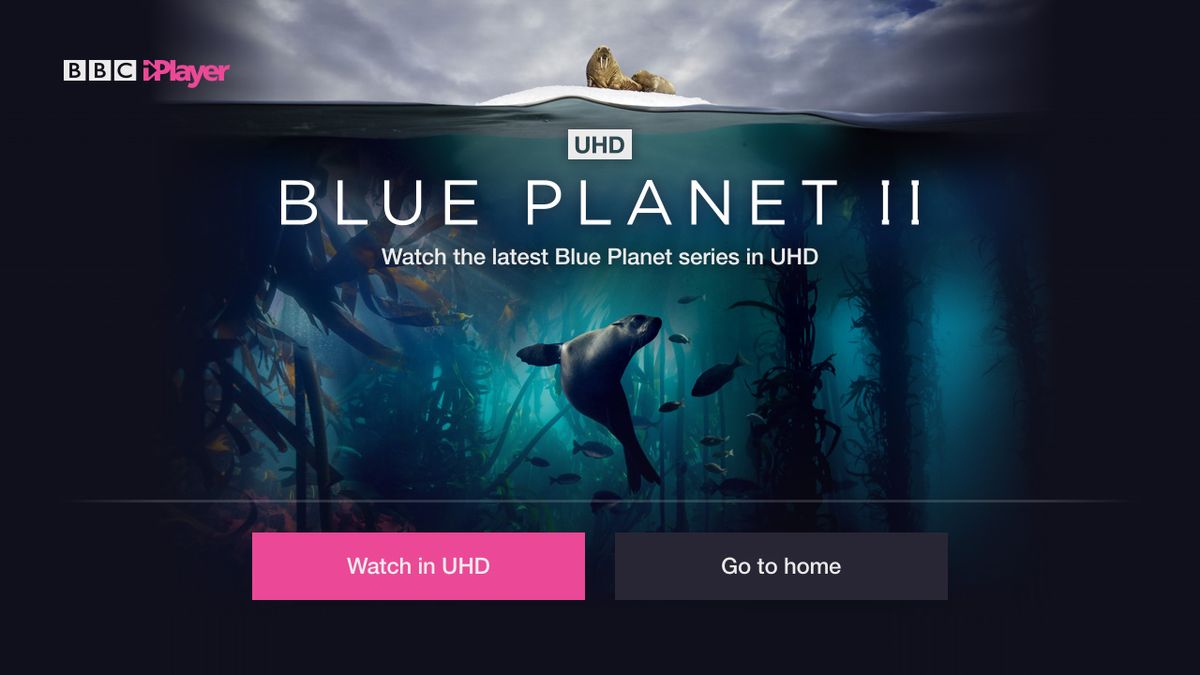
Blue Planet 2 has been one of the most visually stunning TV shows to be broadcast this year, but despite it having been filmed entirely in 4K so far we've had to settle for watching it in HD.
That's all set to change on December 10th when you’ll be able to hop onto iPlayer and watch the entire series in full Ultra HD resolution after its final episode is broadcast on BBC1.
The stream will also feature the use of the BBC’s own broadcast-ready HDR format, Hybrid Log Gamma (HLG), which it co-developed with the Japanese broadcaster NHK.
We were treated to a screening of the final episode of the series in 4K, and the presentation was astounding. The richness of the colours was particularly notable, with some deep sea fish that looked positively unreal with their near-neon coloring.
When it comes to new technologies like Wide Colour Gamut you’re literally seeing shades of blue that would be impossible to display on last-generation panels, and the results are an AV delight.
Trialling the tech
The trial (and yes, unfortunately the BBC confirmed that this is a trial rather than the start of regular 4K iPlayer broadcasts) is the biggest test yet of iPlayer’s ability to handle 4K content.
Earlier this summer the BBC produced a special four-minute long clip using footage from Planet Earth II which was made available, but this is the first time a full series has been made available in the new format.
Get daily insight, inspiration and deals in your inbox
Sign up for breaking news, reviews, opinion, top tech deals, and more.
However, it’s still early days for 4K content on iPlayer. For starters, the trial is only available on select 4K TVs as well as through the Sky Q platform (a full list is available on the BBC website). Thankfully if you’re lucky enough to own a compatible set then you won’t have to update your app to participate in the trial.
Secondly, the footage will only be available with a standard stereo audio mix - if you want to experience it in full surround sound you’ll have to wait for the upcoming Ultra HD Blu-ray release.
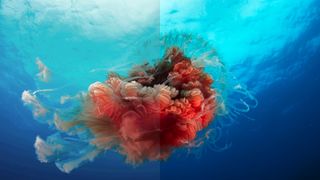
Finally, like other 4K streaming services you’ll have to have a pretty beefy internet connection to be able to stream at full resolution. A representative from the BBC told us that an internet speed of just over 20mbps should suffice, but in reality you’ll probably need a little more headroom to get the best experience. Unfortunately, although you can download content on iPlayer to watch later, this functionality does not yet support 4K.
It’s great to see the BBC continue to strive forward with its support for 4K, especially with programs as technically accomplished as its Attenborough-fronted nature documentaries. We’d love to see the format eventually make its way to broadcast television, but for the time being it seems that it will remain an iPlayer-exclusive feature.
But, as internet services like iPlayer slowly take over from broadcast television, this might be another nail in the coffin for the ageing technology of traditional TV broadcasts.
The series will be available for 30 days starting from December 10th on select TVs (a full list of supported sets is available on the BBC iPlayer website).
Jon Porter is the ex-Home Technology Writer for TechRadar. He has also previously written for Practical Photoshop, Trusted Reviews, Inside Higher Ed, Al Bawaba, Gizmodo UK, Genetic Literacy Project, Via Satellite, Real Homes and Plant Services Magazine, and you can now find him writing for The Verge.
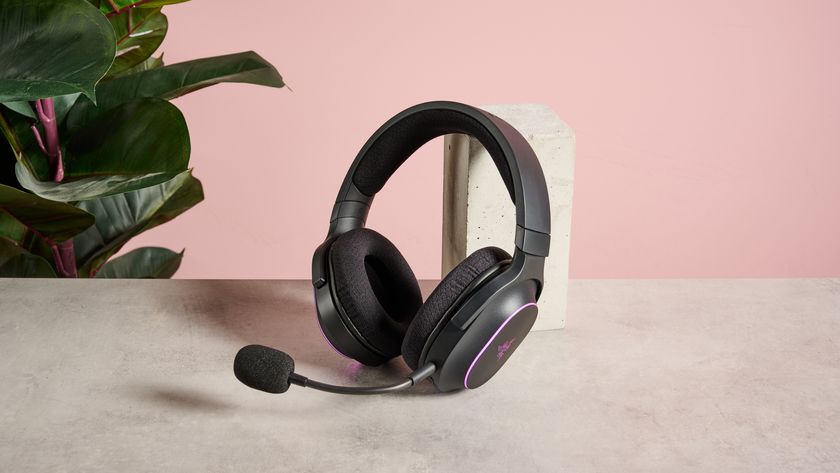
I haven't always liked Razer's gaming headsets, but the Barracuda X Chroma finally offers good value for money
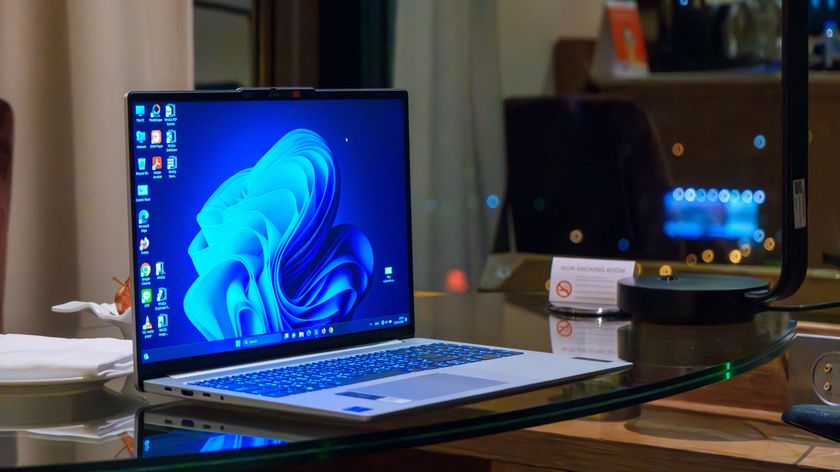
Are you unable to get security updates for Windows 11 24H2? Here’s the likely reason why, and the fix to get your PC safe and secure again
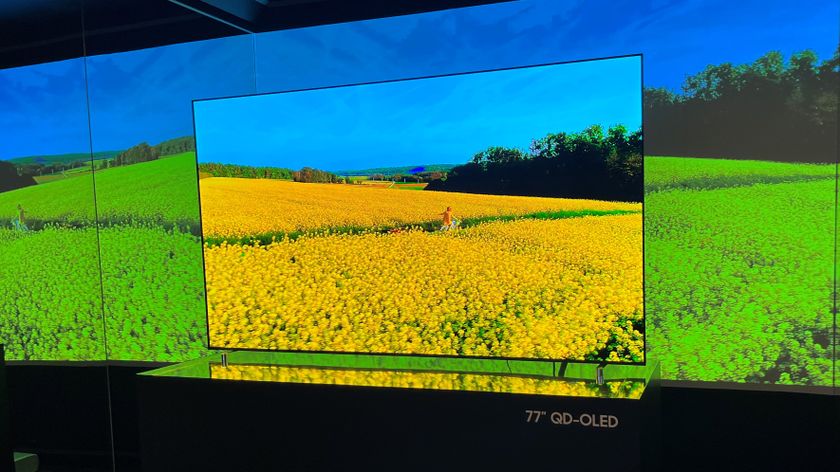
What is QD-OLED? The hybrid OLED TV tech explained
Most Popular



